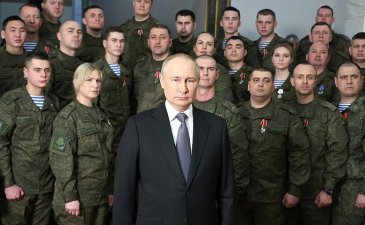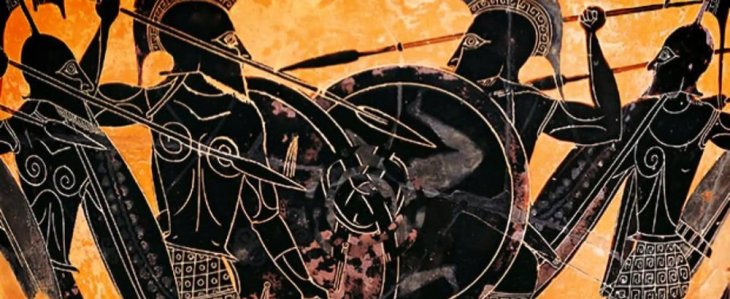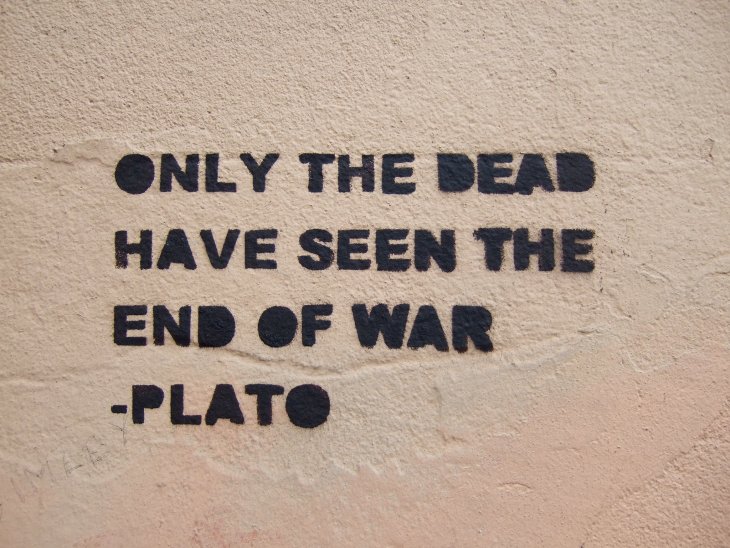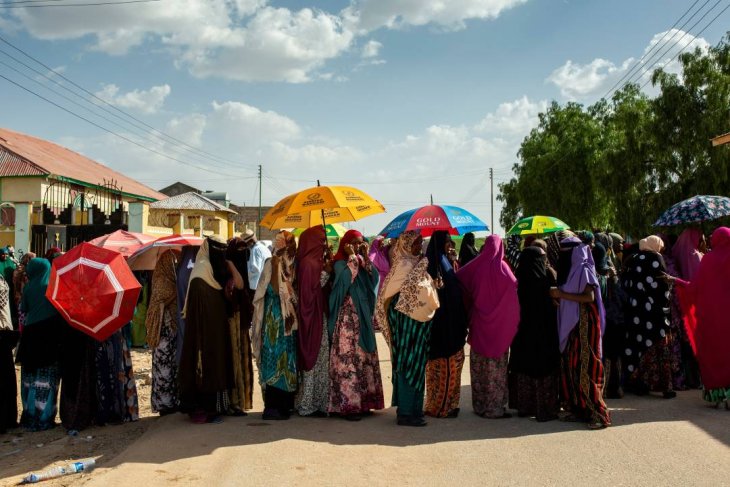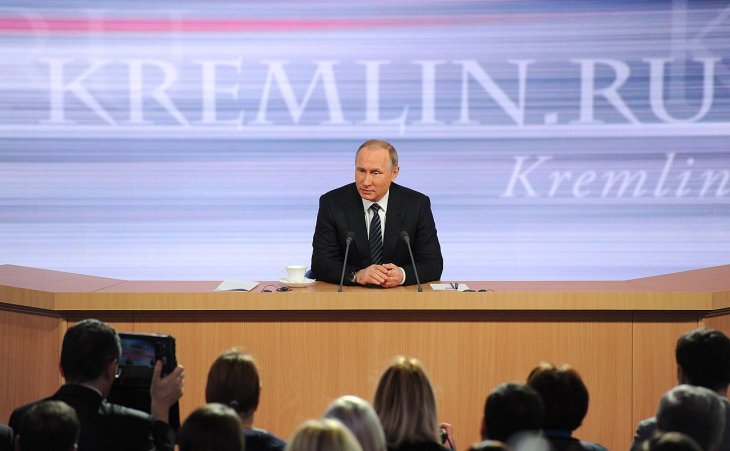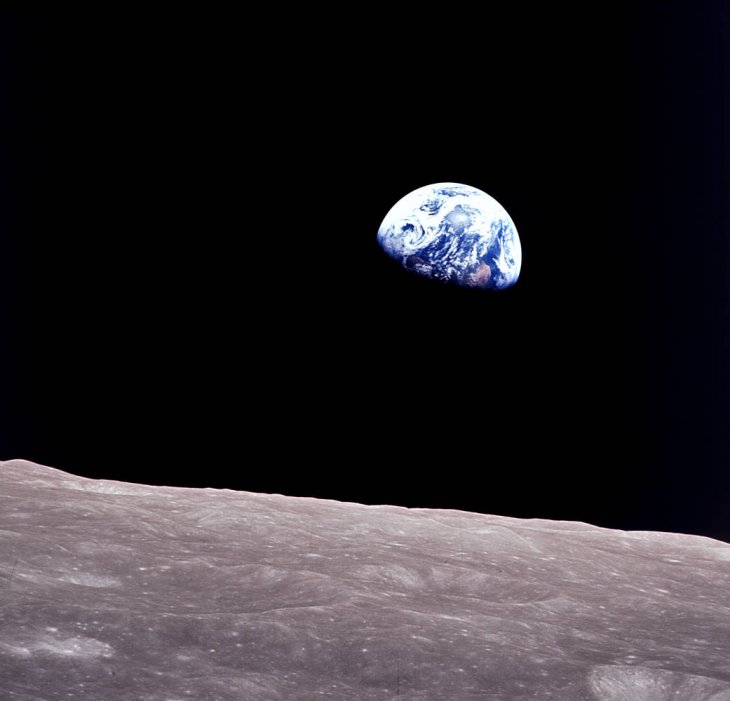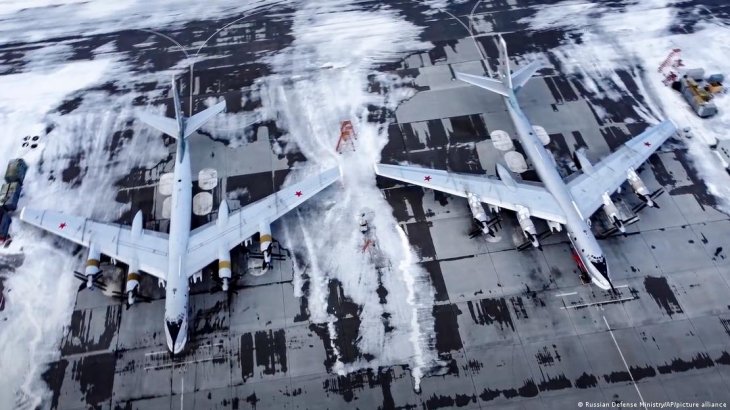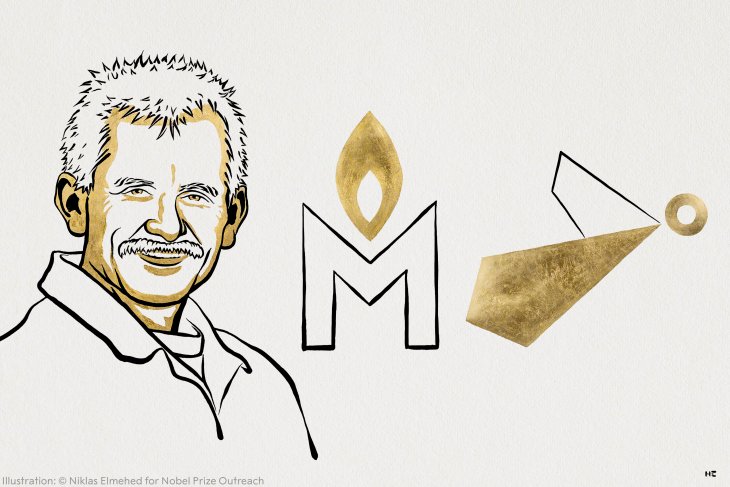It was a striking image for a traditional season of joy and hope: Russian President Vladimir Putin attending the Orthodox Christmas service all alone in one of the Kremlin’s cathedrals.
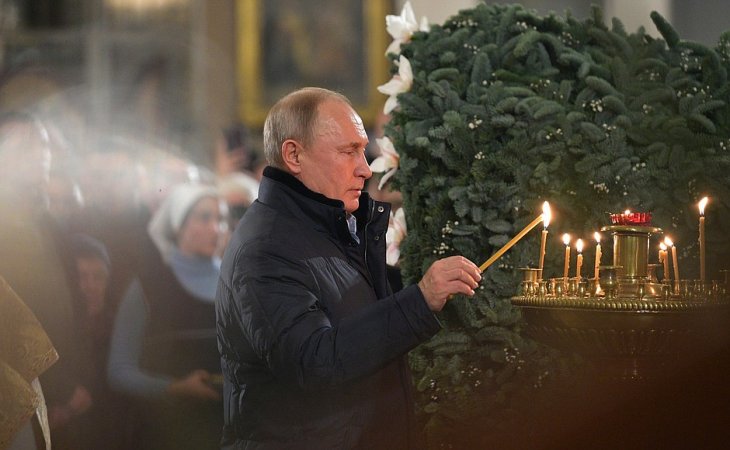
Vladimir Putin celebrating a less isolated Christmas in 2019. Photo: The Presidential Press and Information Office / Wikimedia Commons
This loneliness stands in contrast with his persistent attempts to show himself actively engaging with subordinates, particularly servicemen — for example, during his visit to the Southern Military District’s headquarters on December 31, 2022 (Kremlin.ru, December 31).
